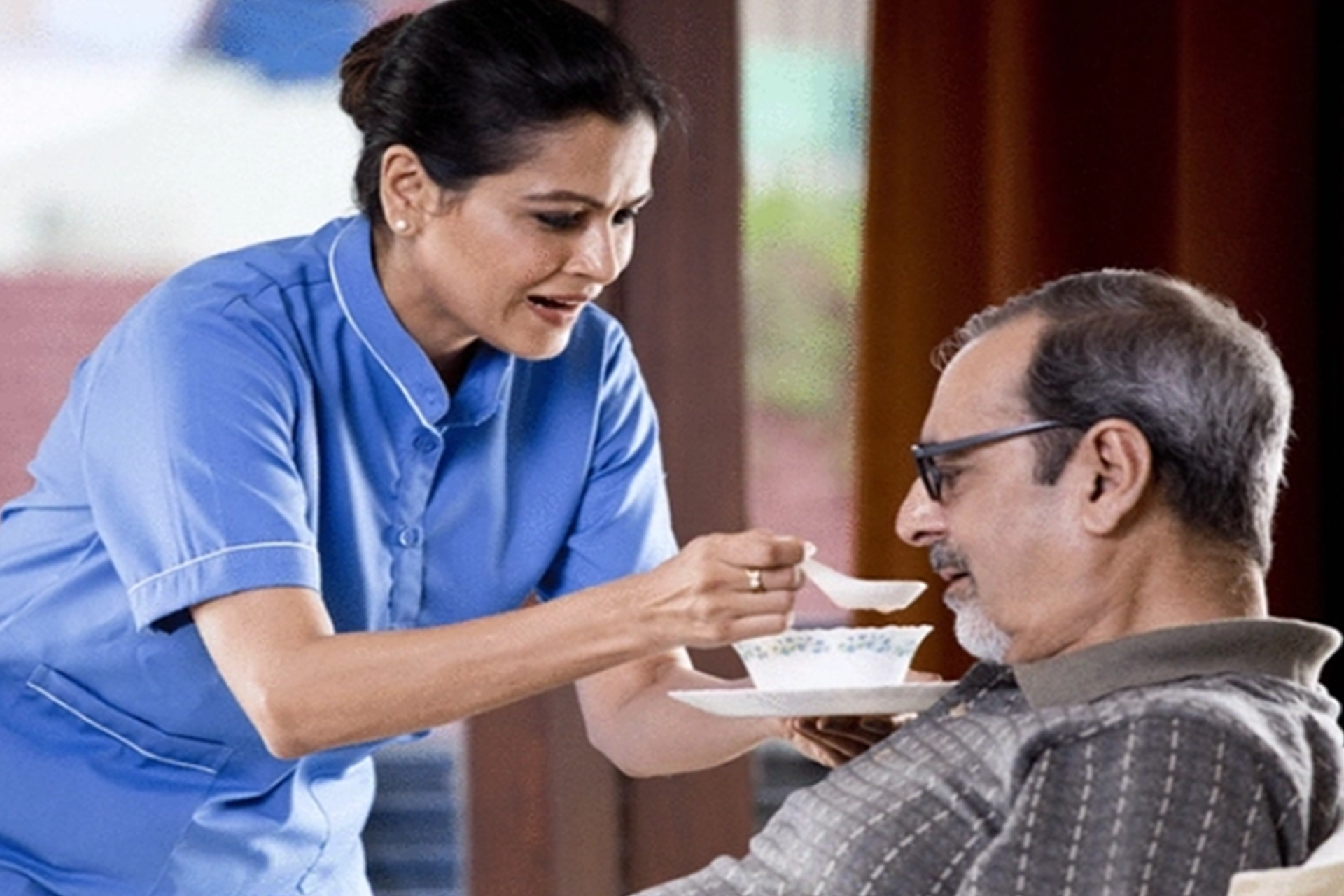
Senior Citizen Caring
Senior Citizen Caring refers to the various services, programs, and practices designed to support older adults as they age, ensuring they maintain a good quality of life, independence, and dignity. Caring for senior citizens involves meeting their physical, emotional, social, and psychological needs while helping them manage health conditions, chronic diseases, and disabilities that can affect their daily lives.
Senior citizens often face various health challenges, including chronic conditions like heart disease, diabetes, arthritis, and osteoporosis. Regular health check-ups, monitoring of vital signs (blood pressure, heart rate, etc.), and medication management are crucial aspects of senior care. Seniors may need assistance with personal hygiene tasks like bathing, grooming, oral care, and dressing, especially if they have limited mobility or cognitive impairments. Seniors with dementia, Alzheimer’s disease, or other cognitive impairments require specialized care to ensure their safety and well-being. This may involve creating a routine to minimize confusion, engaging them in mental stimulation activities, and offering personalized care.
Many seniors need help with preparing nutritious meals, as they may have difficulty cooking, lack interest in food, or have dietary restrictions due to health conditions. Caregivers can assist with meal planning, grocery shopping, and ensuring meals meet the senior's specific nutritional needs. Ensuring a safe environment is critical to prevent falls and injuries. Common modifications in the home include installing grab bars in bathrooms, removing trip hazards, adding non-slip rugs, and ensuring adequate lighting. Engaging activities, regular visits, and community involvement reduce the risk of loneliness and isolation, which can contribute to mental health challenges.
